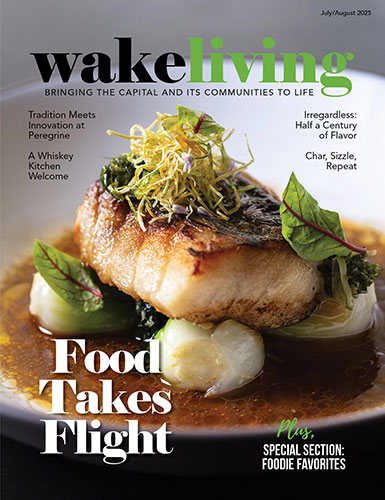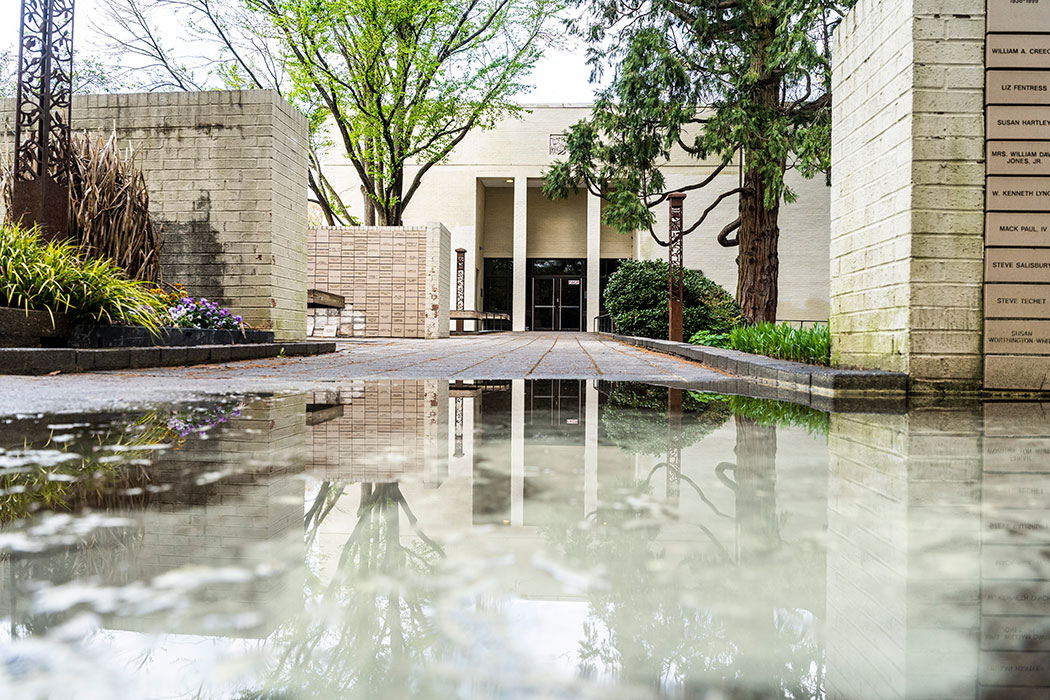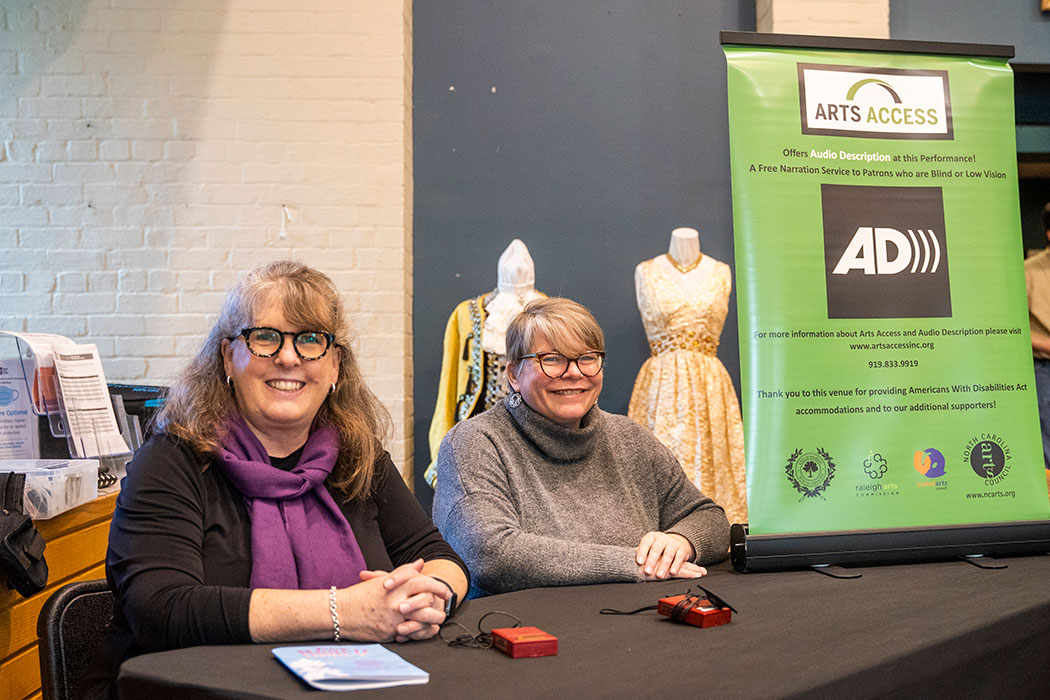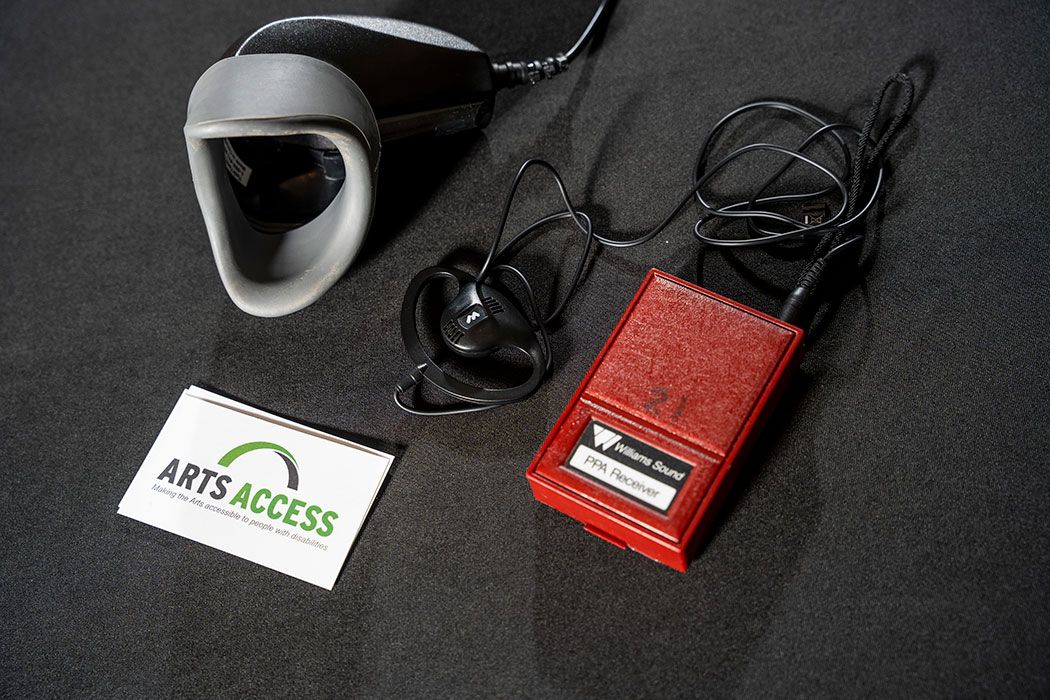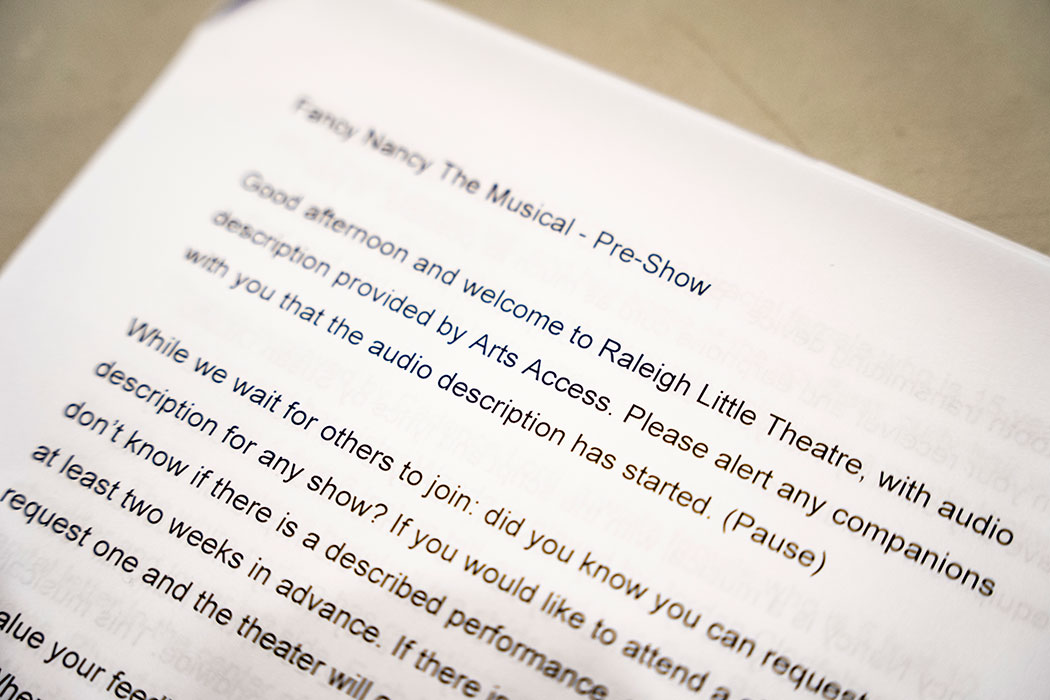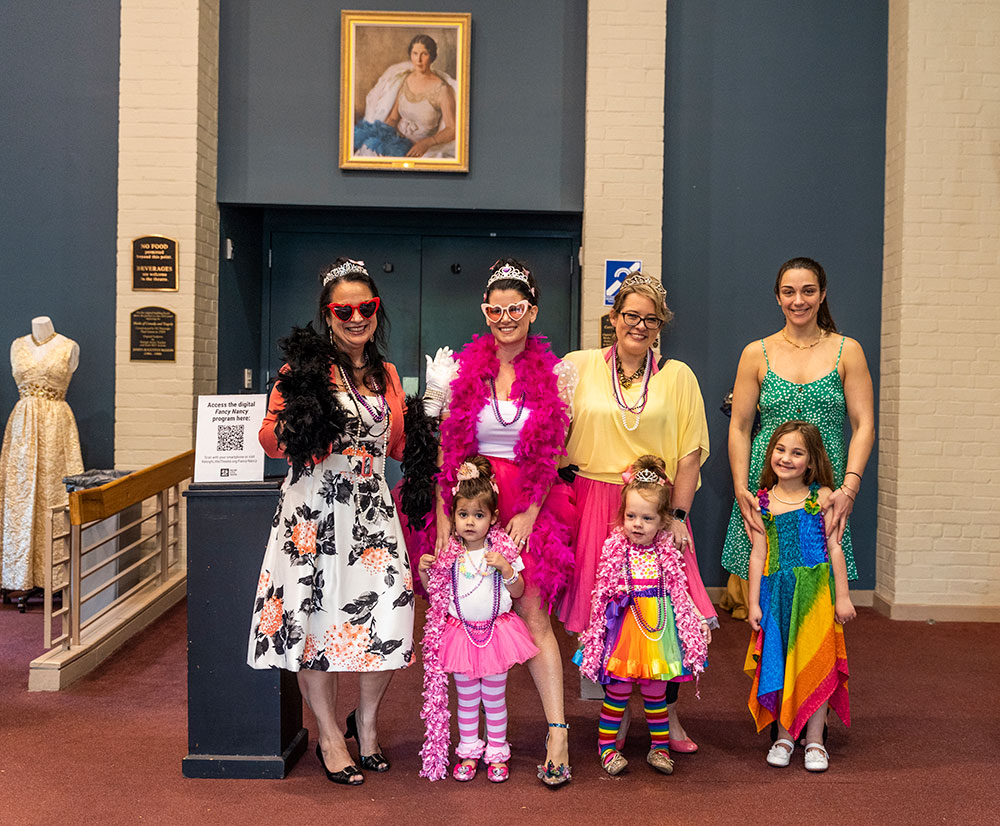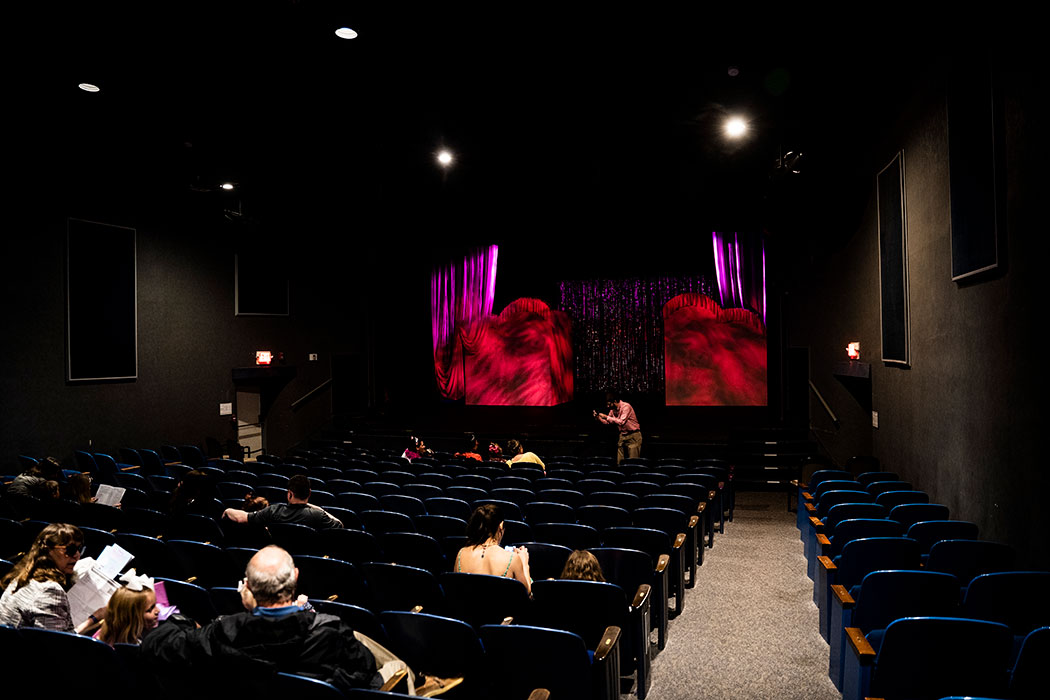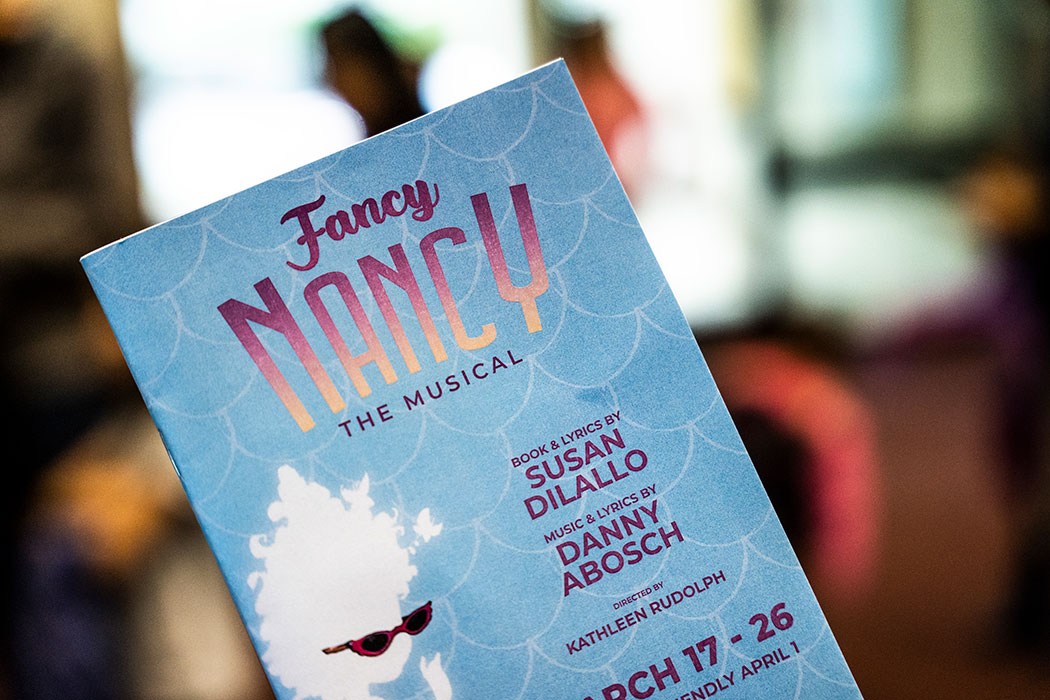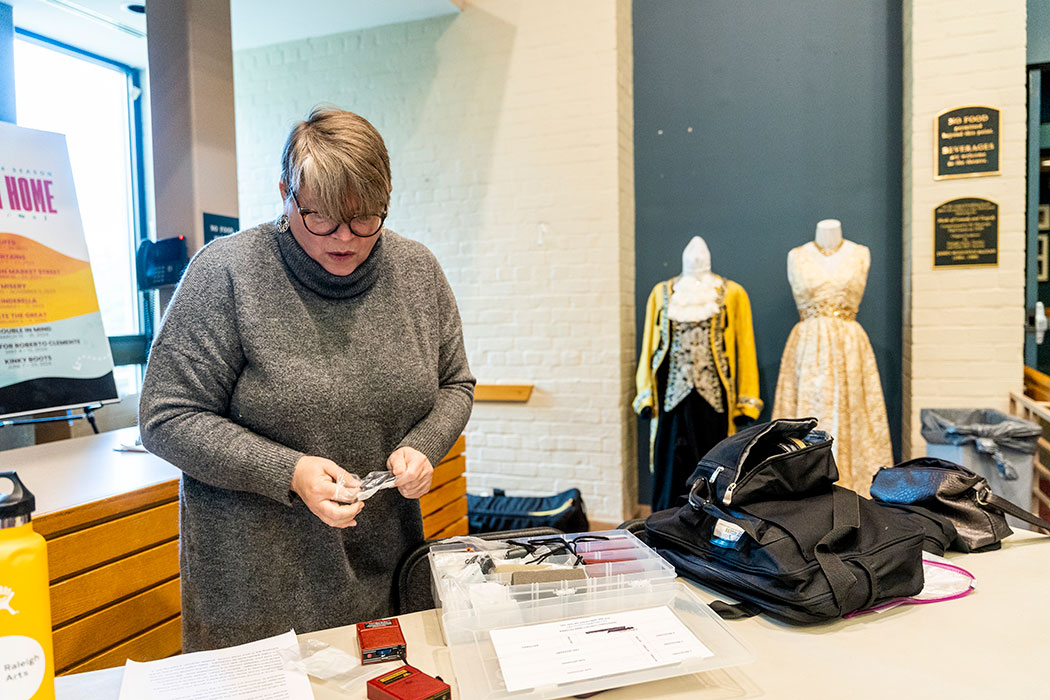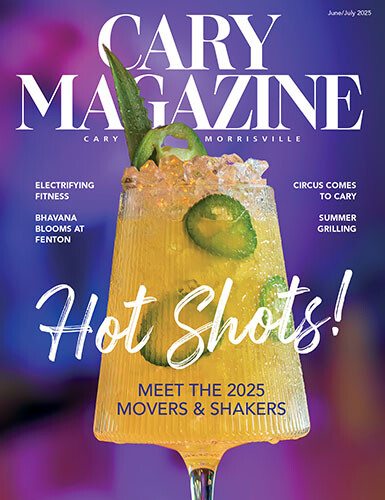When Carl Borriello lost his sight in his early 50s, he decided he wasn’t going to lose his independence.
He reclaimed some of that independence through an avenue not typically associated with the visually impaired: the arts.
When Borriello attends a movie at the North Carolina Museum of Art, takes in a theater performance, or tours works of art, he “sees” the arts in his mind through a descriptive voice in his ear using the Audio Description service from local nonprofit Arts Access.
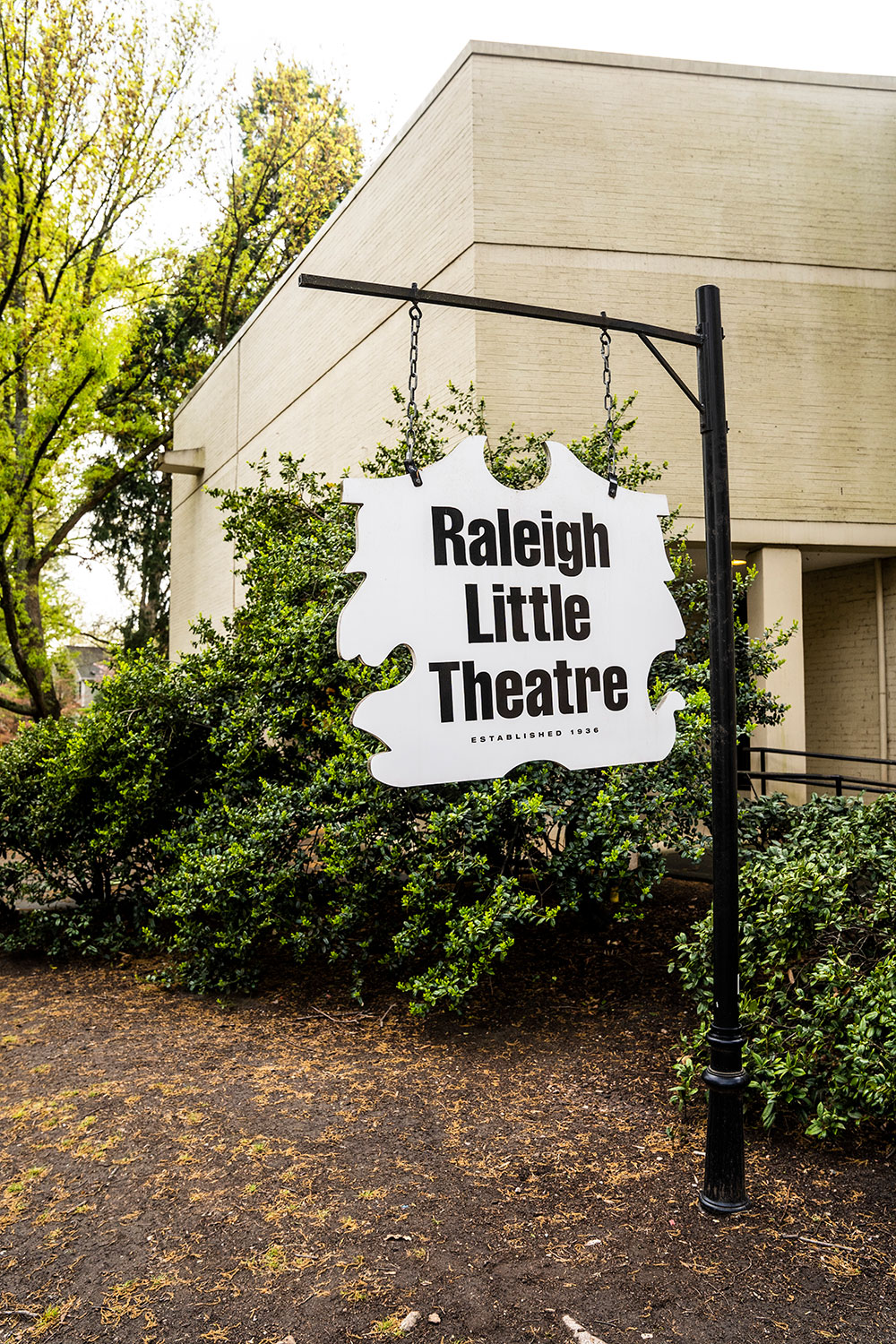
Audio Description works a little like an audio tour one might take at a museum, but with a different goal to help its user visualize what others with sight are seeing. While attending the theater production of Dreamgirls, for example, Boriello said in moments where there is no dialog, the Audio Description might tell him something like, “The blond woman walks quickly across the stage.” The same can apply to movie scenes or works of art, where the description can help Boriello picture the artwork.
“Audio tours are telling you facts; Audio Description is telling you what you’re seeing,” he said. “I can get the knowledge about something on Google, but I don’t know what it looks like — Audio Description allows me to visualize everything in my head.”
Arts Access was founded in 1984 by a group of volunteers to create access to the arts for people with disabilities, according to Eileen Bagnall, executive director for Arts Access.
Audio Description is just one service the organization offers. Its earliest projects involved facilitating wheelchair donations to art museums, theater companies, and other arts spaces to allow easier access for disabled patrons.
The Audio Description program began in the 1990s and is what Arts Access is best known for today, she said.
The nonprofit expanded to provide training workshops for arts organizations who may be looking to understand how their organization can be more accessible, Bagnall said. Within schools, Arts Access offers an arts integration program that provides teaching artists to work with teachers and their students with disabilities.
Arts Access not only works to bring the arts to those with disabilities; it also creates opportunities for artists with disabilities, Bagnall said. Virtual meet-ups each month draw disabled artists from across North Carolina. Together, they can talk about their art, create, and showcase that art, she said.
“It builds camaraderie and support,” Bagnall said. “They’re sharing opinions, not critiquing during these meet-ups.”
Arts Access is supported through a variety of funding sources. Grants, fundraisers, and special events help cover costs, as do donations from supporters. Each year, the organization hosts what it calls A Series of Fortunate Events, “to highlight the diversity and creativity that exists within disability communities.”
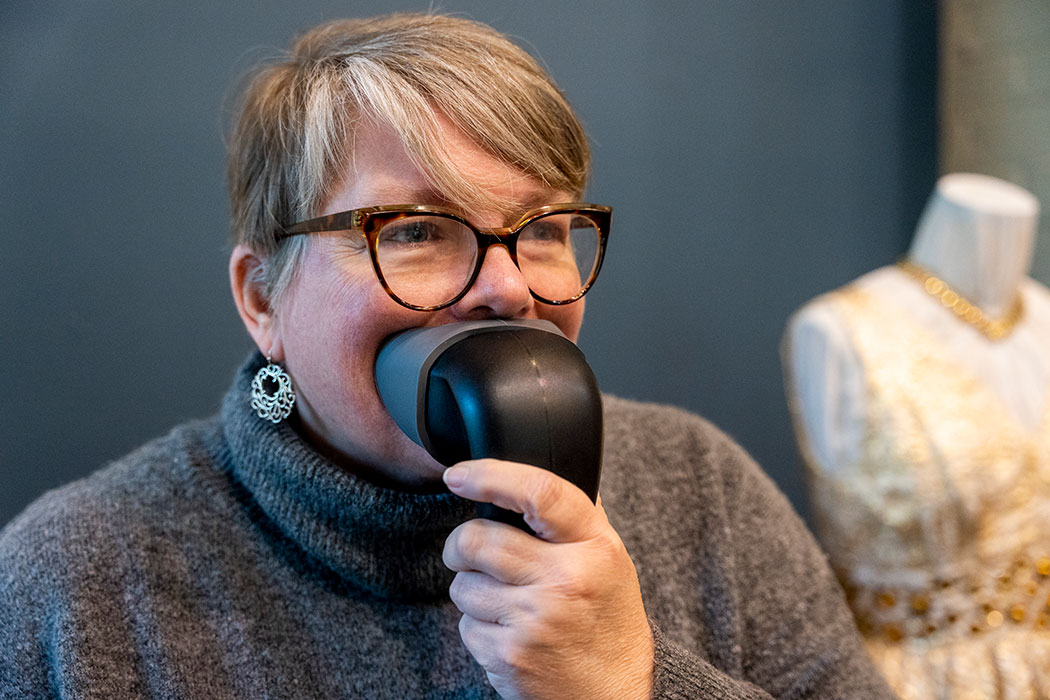
Arts Access employs audio describers who help users visualize what is happening on stage.
Bagnall said Arts Access is supported through a network of volunteers as well — and is always looking for more.
The organization listens closely to the disability community to ensure its services are meeting the needs of that community. People with disabilities serve on the Arts Access staff and on the board, and are part of the decision-making process, she said.
Currently, Arts Access serves more than 2,500 people each year throughout North Carolina, according to Bagnall. The organization looks regularly at where it’s growing, where it may need to put more focus, or where a program maybe isn’t gaining traction. Bagnall says success can also be measured anecdotally through the patrons she and others encounter.
“When we hear back from patrons who have engaged — whether it’s taking an art class or attending an audio-described production — and we hear from them what an impact we’ve made on their life, that’s really why we’re here,” Bagnall said.
Arts Access recently received funding from the Triangle Community Foundation to relocate its offices, and Bagnall said she envisions a space that can serve as gallery, office, and meeting and classroom space. Showcasing the work of the disabled artists they work with allows Arts Access to really put its mission forward, she said. The organization is currently on the hunt to find that perfect space, but expects to make a decision soon.
Boriello is clearly one of their most passionate patrons and talks enthusiastically about the future of the organization and the need to support its mission. He says he has a little bit of sight left in one eye, but that won’t last forever. Arts Access will be there to ensure he can keep doing the things he loves.
“Eventually I’ll go dark, but there’s hope with Arts Access,” he said.
For details about the services Arts Access offers as well as ways to support the organization, visit artsaccessinc.org or its YouTube channel, @ArtsAccessNC.
- Out & About in Wake County: May / June 2023
- Raven & Phoenyx
- Down the Road: Greensboro Science Center
- Erica Chats: The Benefits of Daily Doses of Gratitude
- Small Business Spotlight: Rush Hour Karting
- Pay It Forward: Arts Access
- Cheeni: Indian Food the Waas Way
- Celebrated Spirits: Mary Me
- Celebrated Spirits: Piglette Grisette (4.2%)
- Garden Adventurer: Strange Beauty: Pineapple Lilies
- Presenting the Wake Living Readers’ Choice Awards
